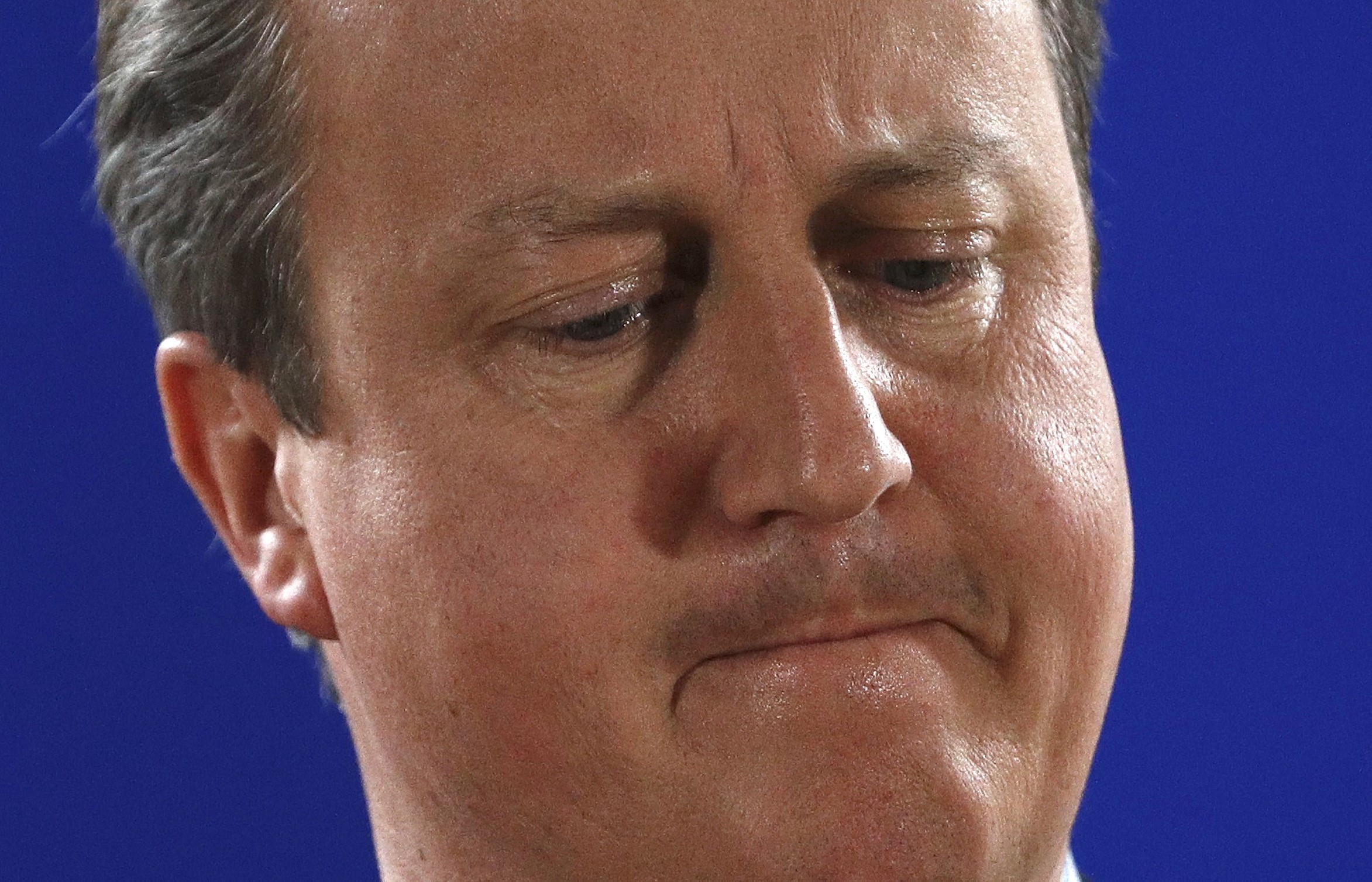
Last Thursday's vote to leave the European Union was hardly the UK's first "Brexit."
More than a few countries in the Middle East, Asia and Africa have scars to show from Britain's long and haphazard withdrawal from its onetime empire.
Borders drawn through Palestine and around Iraq continue to fuel bitter conflicts throughout the region and beyond.
The welter of tribes compacted into modern Burma, now Myanmar, battle still for greater autonomy.
South Sudan, clubbed together with its larger neighbour for half a century, is struggling violently to find its independent footing.
The first in this ill-starred series of colonial pullouts proved almost unimaginably brutal.
Up to a million people may have died in the sectarian massacres that followed the end of the British Raj in August 1947.
Some 14 million people were uprooted from their homes and forced to flee across the new borders dividing India and Pakistan.
That searing experience gave birth to one of the world's fiercest national rivalries and its most dangerous nuclear standoff.
The red that traders saw bleeding across their screens last week hardly compares, of course.
The new boundary Britain has drawn -- or more properly, redrawn -- between itself and Europe isn't likely to contribute to generations of misery, let alone spark a war.
One critical mistake, however, does link Britain's world-striding imperial proconsuls to today's insular Brexiteers.
Both seem to have imagined that borders themselves are uncomplicated things -- that the act of drawing a line can separate you and your rules from me and mine.
Frontiers, it turns out, are not carved so simply.
Generations of Indians and Pakistanis have cursed Sir Cyril Radcliffe, the Inner Temple lawyer who mapped out the borders between their nations after barely five weeks in New Delhi, never having visited the territories the line would bisect. (He wisely never returned to the subcontinent afterward, telling one interviewer, "I suspect they'd shoot me out of hand, both sides.")
Yet even if he had years to complete his task, Radcliffe could never have cut cleanly through the dense web of social and cultural ties that bound Hindus, Sikhs and Muslims together on the ground.
No possible border could have distinguished one community from another and not done injury to their generations-long links to each other and to the lands they tilled.
Britain's separation from Europe will surely be messy and difficult as well. Business and social relationships will have to be severed and reconstituted. New patterns of trade, travel and immigration will need to be developed.
The process will occupy years, longer if negotiations are conducted in the absence of goodwill, as is only too likely.
It's important to remember, too, that over time borders take on a life of their own. They change minds, redraw identities.
In 1947, residents of the main border province split between India and Pakistan thought of themselves as Punjabis first, Hindus and Muslims second.
Today, their identities as Indians and Pakistanis are so fiercely held that many express surprise to find people who look and sound just like them across the border.
What the future of Britishness will look like, rooted in a country that's less open to diversity and more closed-off than today, is anybody's guess.
What's more, the very act of engraving a new divide opens up not just a physical but a psychological gulf.
The trauma of the split breeds resentments and suspicions, paranoia, even hatred -- all the familiar pain of divorce. The rift itself becomes a virtual font of dispute.
Blame is heaped on the side that chose to break away; to this day, Indians accuse Pakistanis, as Gandhi did, of "vivisecting" the subcontinent. One can imagine how those seeking to shore up a united Europe will view Britons as Brexit strengthens skeptics in their own countries.
The leavers in turn seethe that their rivals are deliberately making the worst rather than the best of the situation, seeking to sabotage its prospects. A sense of injury becomes the dominant feature of relations between the two sides.
Above all, the full repercussions of any split can't be limited to the mechanics and physical consequences of partition, and they can't be anticipated.
In this case, the UK will likely bear the highest costs of its parting from Europe.
Brexit will almost certainly lead to more partitions, as Scotland and possibly even Northern Ireland choose to go their own way. One might forgive those on the subcontinent, and in Britain's other ex-colonies, a twinge of schadenfreude.
Even then, however, no one can say with confidence what other chaos Brexit may sow. Britain's withdrawal could spur the partition of Europe itself if demagogues in France, the Netherlands and elsewhere persuade their nations to abandon the European project. That would be a final, bitter irony -- one last cut from Britain's well-worn blade. - Bloomberg View